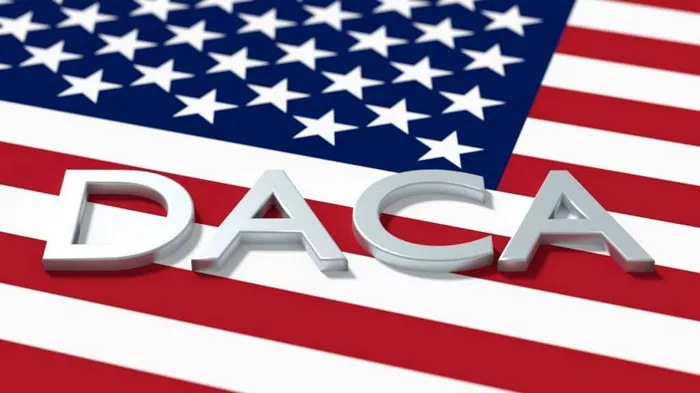The Deferred Action for Childhood Arrivals (DACA) program has been a topic of significant debate and scrutiny since its inception in 2012. One of the key questions surrounding DACA is who bears the financial burden associated with its implementation and maintenance. In this article, we delve into the complexities of the DACA program and explore the various stakeholders who contribute to its costs.
Understanding DACA
DACA is an immigration policy introduced by the Obama administration to provide temporary relief from deportation and work authorization to eligible undocumented immigrants who were brought to the United States as children. To qualify for DACA, individuals must meet certain criteria, including continuous residence in the U.S., educational or military service requirements, and a lack of serious criminal convictions.
Federal Government Funding
The implementation and administration of DACA entail significant costs, primarily borne by the federal government. These expenses include processing applications, conducting background checks, and issuing employment authorization documents. Additionally, the federal government is responsible for monitoring and maintaining the program’s infrastructure, such as the DACA database and support services for applicants.
Taxpayer Contributions
Taxpayer dollars play a crucial role in funding various aspects of the DACA program. Federal funding allocated to immigration agencies, such as U.S. Citizenship and Immigration Services (USCIS), covers the operational costs associated with processing DACA applications and providing support to beneficiaries. As such, American taxpayers indirectly contribute to the financial sustainability of DACA through their tax dollars.
State and Local Governments
While the federal government shoulders the primary financial responsibility for DACA, state and local governments also play a role in supporting DACA recipients. Some states offer financial aid and in-state tuition benefits to DACA recipients pursuing higher education, thereby easing the financial burden on individuals and their families. Additionally, local governments may provide social services and resources to DACA beneficiaries within their jurisdictions.
Employer Contributions
Employers of DACA recipients also contribute to the program indirectly through payroll taxes and other employment-related expenses. DACA beneficiaries who receive work authorization are eligible to work legally in the United States, allowing them to pay income taxes and contribute to Social Security and Medicare funds. These tax contributions help support various government programs and services, including those indirectly benefiting DACA recipients.
Nonprofit Organizations and Philanthropy
Nonprofit organizations and philanthropic entities play a significant role in supporting DACA recipients through financial assistance, legal services, and advocacy efforts. These organizations often rely on private donations and grants to fund their initiatives aimed at supporting immigrant communities, including DACA beneficiaries. Philanthropic contributions help fill gaps in government funding and provide essential resources to DACA recipients navigating legal and social challenges.
Impact on Economic Growth
Despite the controversy surrounding DACA, research suggests that the program has positive economic implications. DACA recipients, often referred to as Dreamers, contribute to the U.S. economy through their employment, consumer spending, and entrepreneurial ventures. By providing work authorization and temporary protection from deportation, DACA enables individuals to pursue higher education, secure better-paying jobs, and contribute more fully to society.
Social and Humanitarian Considerations
Beyond the financial aspects, it is essential to recognize the social and humanitarian dimensions of DACA. For many DACA recipients, the program represents an opportunity to pursue their dreams, contribute to their communities, and live without the constant fear of deportation. By investing in DACA, society upholds its values of compassion, inclusivity, and fairness, ensuring that individuals brought to the U.S. as children have a chance to build meaningful lives and fulfill their potential.
Conclusion
The question of who pays for DACA is multifaceted, involving various stakeholders and financial contributions. While the federal government bears the primary responsibility for funding the program’s implementation and administration, taxpayers, employers, nonprofit organizations, and philanthropic entities also play crucial roles in supporting DACA recipients. Despite ongoing debates and challenges, DACA remains a critical policy tool that not only benefits individual recipients but also contributes to the economic and social fabric of the United States. As discussions surrounding immigration policy continue, it is essential to consider the broader implications and costs associated with programs like DACA, balancing financial considerations with social and humanitarian values.


